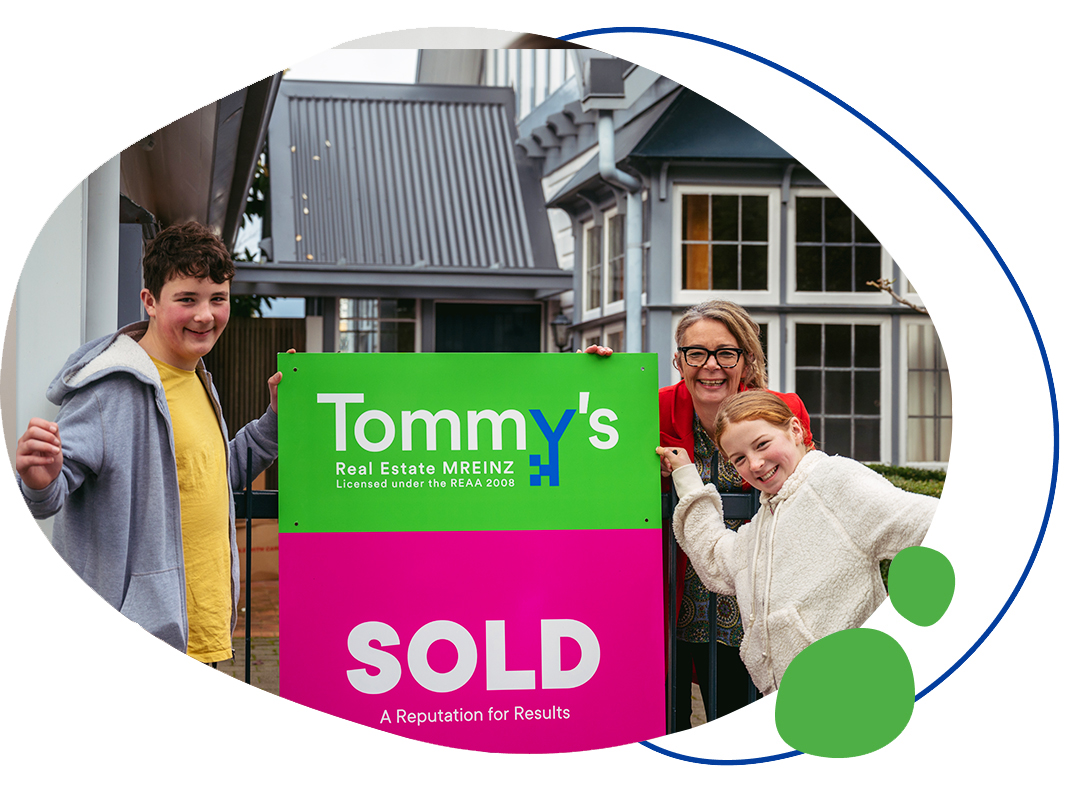A conditional offer is when you include one or more conditions to be fulfilled by a specified date e.g. a building report or arranging finance. An unconditional offer means there are no specific purchaser conditions, so when the owner signs the agreement the house is sold.
Read more here
When the real estate market is quiet we see more conditional offers. If the homeowner has one offer to look at, it is far more likely the owner will work with the purchaser who submitted the offer. If the market is busy and the home receives multiple offers, it is likely the owner will prefer to work with an unconditional offer first. Having an unconditional offer is attractive to the owner because it provides certainty of a sale, the deposit is often payable immediately and it means no more open homes.
If a buyer makes an unconditional offer, this does not mean no research is done. When a buyer makes an unconditional offer, it normally means the lender has approved the house, the buyer is happy with the building report, insurance is organised, and the buyer’s lawyer has checked the title, council information and anything else that needed checking.






